Museum
History of Wholesalers
Traces the history of drug distribution, which has supported the development of medical society, and throws a light on the role of the wholesalers
Drugs were initially sold widely around the middle of the Edo period when the Bakufu (military government of Japan headed by the shogun) encouraged drug production and sales to help improve the health of citizens. As drug production grew up and distribution efforts gained momentum, the merchants who dealt in drug ingredients grew in power. The Bakufu awarded special monopoly rights to those who paid a special tax. There were 24 publicly approved drug wholesaler unions in the Honcho neighborhood of Edo (present-day Tokyo), and 124 drug traders in the Doshomachi neighborhood of Osaka.
There were two types of drugs: (1) Tang drugs imported to Japan by China in the production areas, and (2) Japanese drugs produced in Japan. Since all of the Tang drugs followed a single distribution course from the Tang drug wholesalers in Osaka to the drug traders of Doshomachi to drug wholesalers nationwide, drug quality was reasonably reliable. Japanese drugs, however, did not follow any established distribution channels, facilitating the frequent appearance of counterfeits. The Bakufu established Wayaku Aratame Kaisho (evaluation institutes for Japanese traditional medicines) in the five cities of Edo, Sunpu, Kyoto, Osaka, and Sakai, and created a system whereby all drugs had to be examined by a Kaisho before they could be sold. The drug wholesalers played an important role in ensuring a stable supply of drugs and providing a quality assurance function.
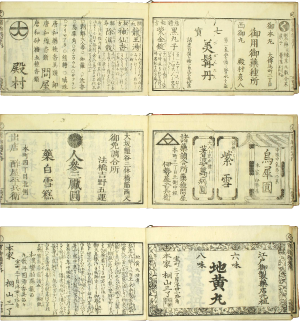
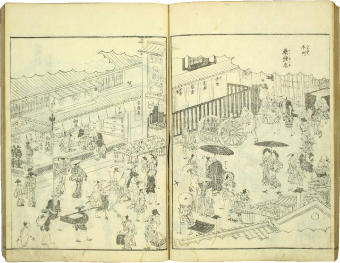
Image archive: Waseda University Library
Reference materials: Doshomachi, a Town of Drugs (Doshomachi Resource Preservation Society)
55 Years of the Drug Wholesaling Industry (Federation of Japan Pharmaceutical Wholesalers Association)
History of Clinical Drugs (Hiroshi Amano, Yakuji Nippo)
Druggists of Edo (Shin Yoshioka, Seiabo)
Traces the history of drug distribution, which has supported the development of medical society, and throws a light on the role of the wholesalers

信頼性・カバレッジ・即時性の高い医薬品販売データ
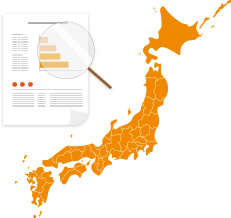
EnTalkは「En」データシリーズを一定数ご購入いただいたお客様にご提供する、各界の著名な方々がタイムリーな情報をお伝えする
ウェブセミナーの年間シリーズです。
エンサイスのメインデータである医薬品販売データは、全国の医薬品卸企業のご協力を得て地域別、医薬品別、梱包単位別に日々集計されています。データのカバー率は99%超と極めて高い水準にあります。
院外処方箋の流れを独自調査により集計し、データの分析と可視化を実現したサービスです。
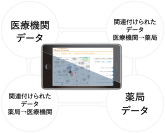
全国1万6千名のMSのご協力により、院外処方箋の流れに関する調査データを独自ネットワークを活用して集計、高度にメンテナンスされた分析情報はMCを通して視覚化された画面でご覧になれます。
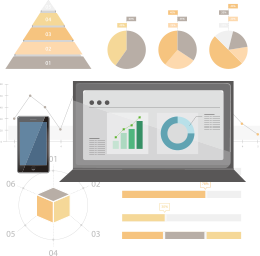
医薬品販売データを活用し、分析を行う頻度の高いデータの「見える化をデザインしたシリーズ」です。視覚化することにより、的確な行動を促します。

“EnTalk” is an annual series of webinars where prominent speakers from various fields provide timely information. The customers who have purchased certain number of “En” data are eligible to join.
Encise Database Series, the aggregated daily data with the cooperation of wholesalers nationwide, offer data by region, by drug, and by packaging unit. The data coverage rate is over 99%.
MC is data of out-of-hospital prescription’s flow which was independently accumulated and highly maintained by using our own network with the cooperation of 16,000 MSs nationwide.
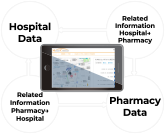

Access to variety of prescription drug sales data series designed for “Visualization”. Enable optimal behavior changes.